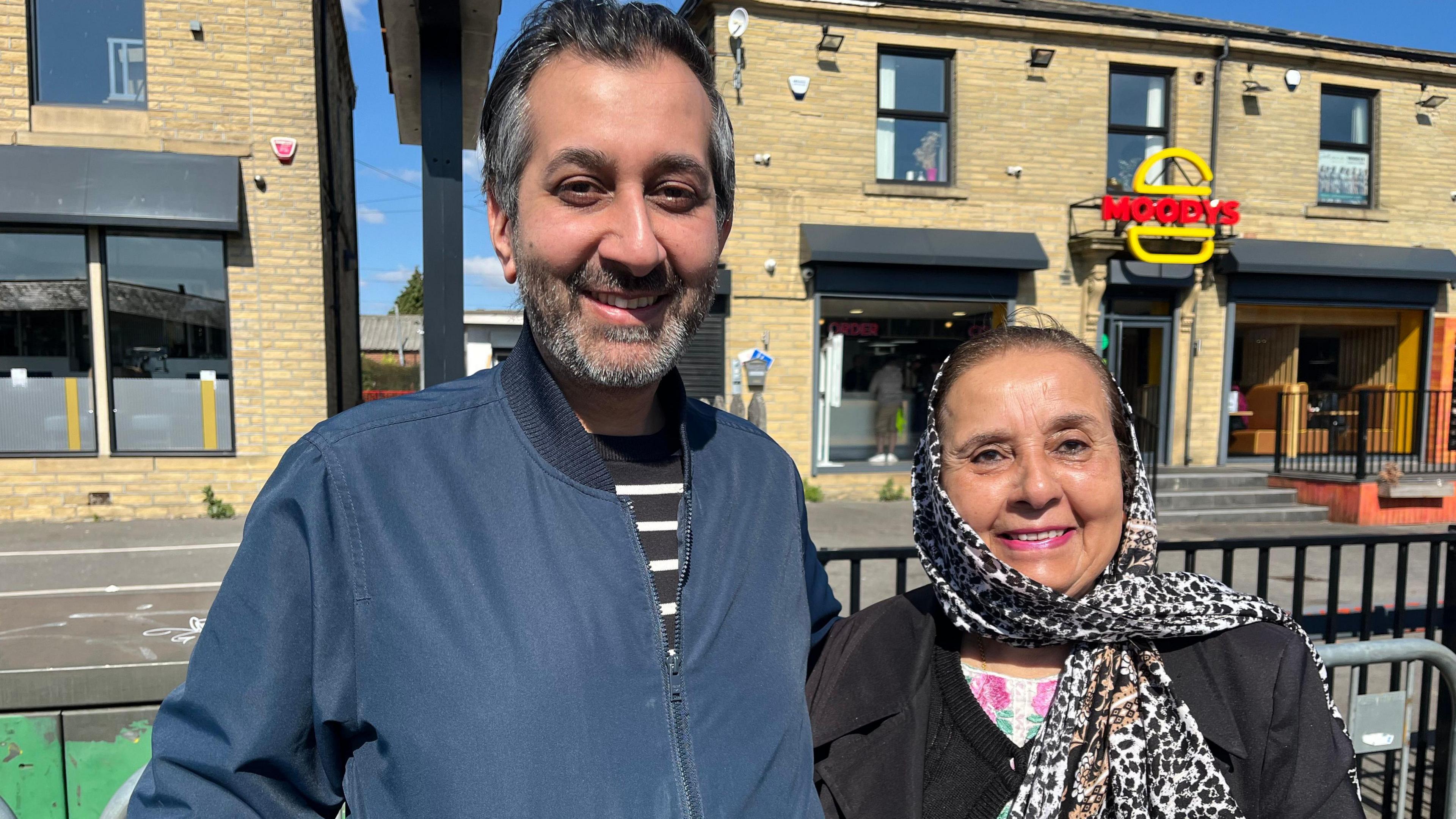Fish and chip shops battered by rising costs
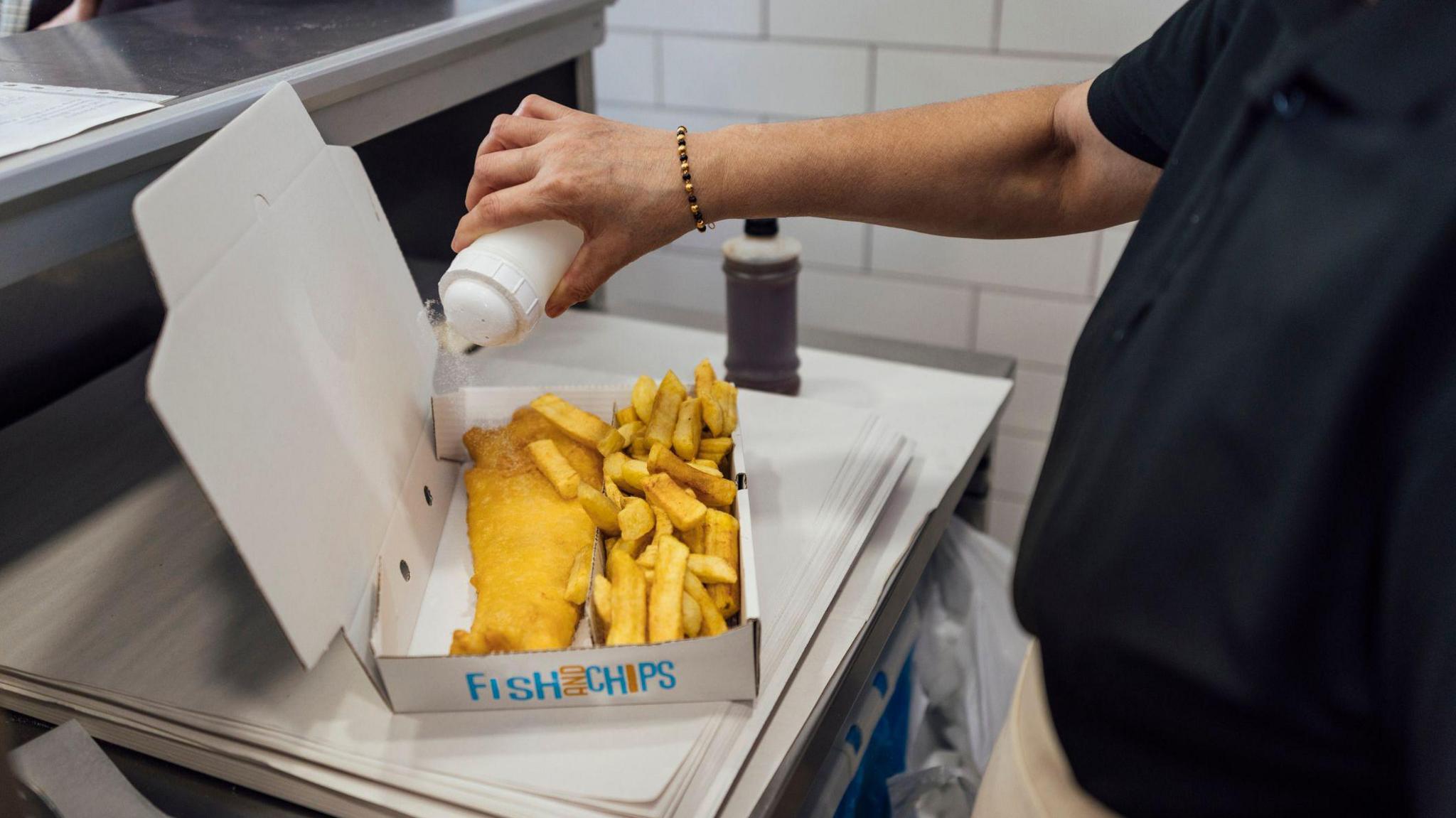
The National Federation of Fish Friers says more than 70% of members are worried about their prospects
- Published
Fish and chips is one of Britain's most beloved dishes - but rising prices are threatening its future. North Yorkshire shop owners tell of the squeeze as they strive to keep serving up the teatime treat.
The National Federation of Fish Friers (NFFF), the official body representing chippies, has reported that more than 70% of members are worried about their prospects.
David Miller, owner of Millers Fish & Chips in Haxby, York, said the increasing cost of fish and other business expenses meant the future "wasn't looking as rosy as it was, but we'll get through it".
A Treasury spokesperson said it was a "pro-business government" that understood "the vital importance" of chip shops to local communities and the wider economy.
Mr Miller said he had noticed a sharp increase in fish prices after the cost of his usual order of 17 boxes a week rose significantly compared with last year.
He attributed this to a combination of environmental and political factors, including a smaller fishing corridor and limits to the volume of fish that can be caught.
Shops were caught in a "vicious circle" of trying to purchase less expensive fish while pushing prices up, according to Mr Miller.
"Cod has certainly gone through the roof, price-wise, so shops down south, or that are usually cod areas, are switching to haddock because it's cheaper fish," he said.
"But that's putting a strain on haddock."
He also blamed business rates and VAT for the squeeze faced by chip shops.
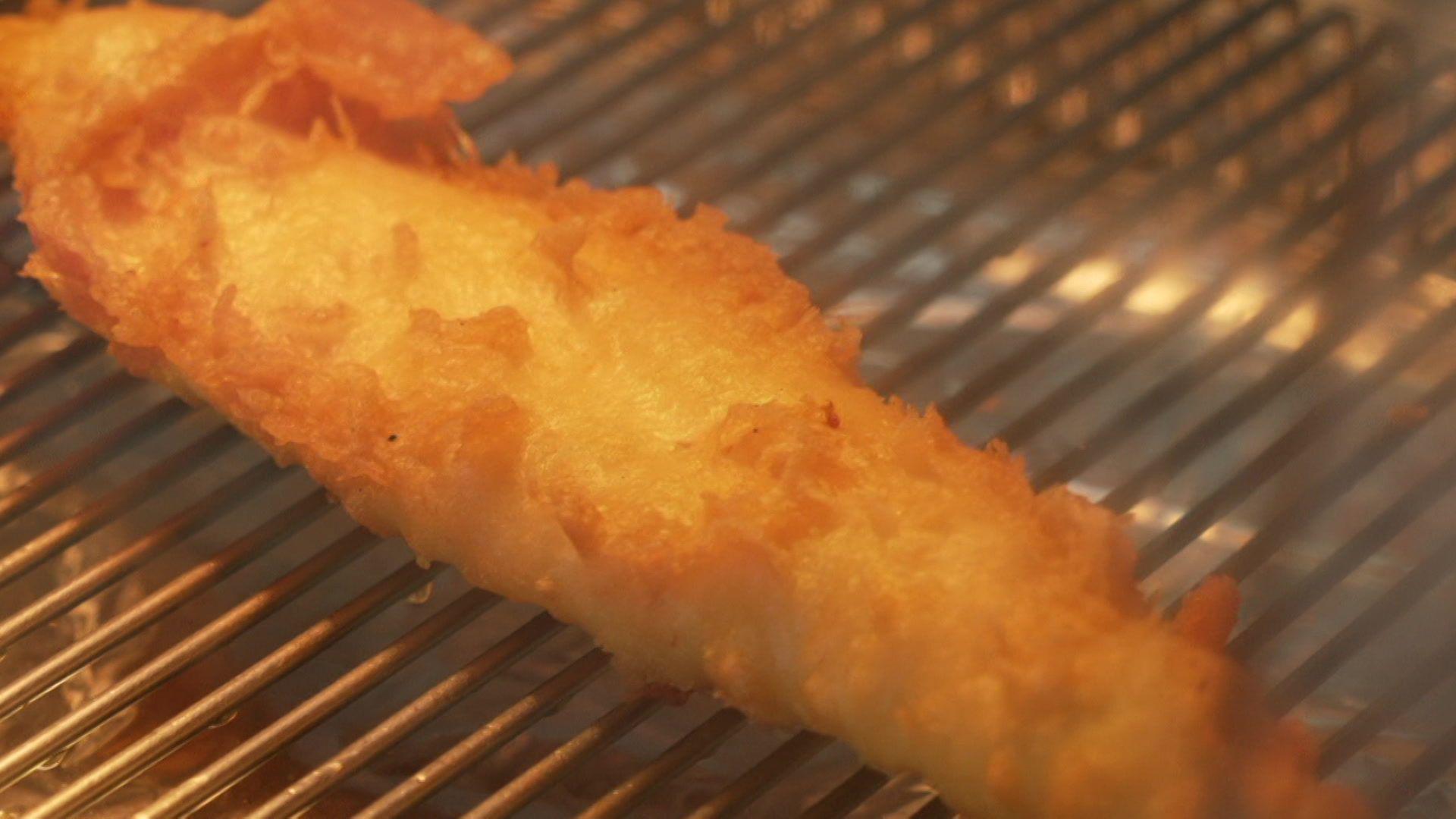
Businesses warned of a sharp increase in fish prices
"We've had a living wage increase which I'm all for, everyone should be paid for what they do, but that does have an ultimate effect on the end price.
"It's a double-edged sword isn't it, people start cutting hours back or sending people home when it's not busy."
He said in his experience owners were having to be "a bit smarter in the way you buy, and the way you run the business", by diversifying their offering.
However, Mr Miller added that the UK traditionally associated fish and chips with either cod or haddock, and that the taste was "hard to beat".
"To me, unfortunately there's nothing that beats deep-sea cod or haddock, there's not quite a taste like it.
"Anything you put in as a substitute like hake isn't quite as good fried in batter.
"In my opinion, from the 40 years I've been in business, it will never replace cod or haddock and that's the problem we've got."
Adrian Fusco from the Quayside fish and chip shop in Whitby echoed the sentiment that a combination of factors was causing the industry to struggle.
"It's cost after cost," he said.
"We're doing everything we can to mitigate that. Unfortunately we've had to pass some of the cost onto customers but on the whole we've absorbed those ourselves."
As a way to manage the burden on his business and to save money in other areas, he has invested in fryers that have a better energy efficiency to reduce bills.
He said people saw fish and chips as an indulgence, which was one of the downsides of trying to cut costs by offering smaller portions.
"Most people when they come to Whitby, they've decided on a treat - fish and chips are a treat, and they don't want anything to spoil that."
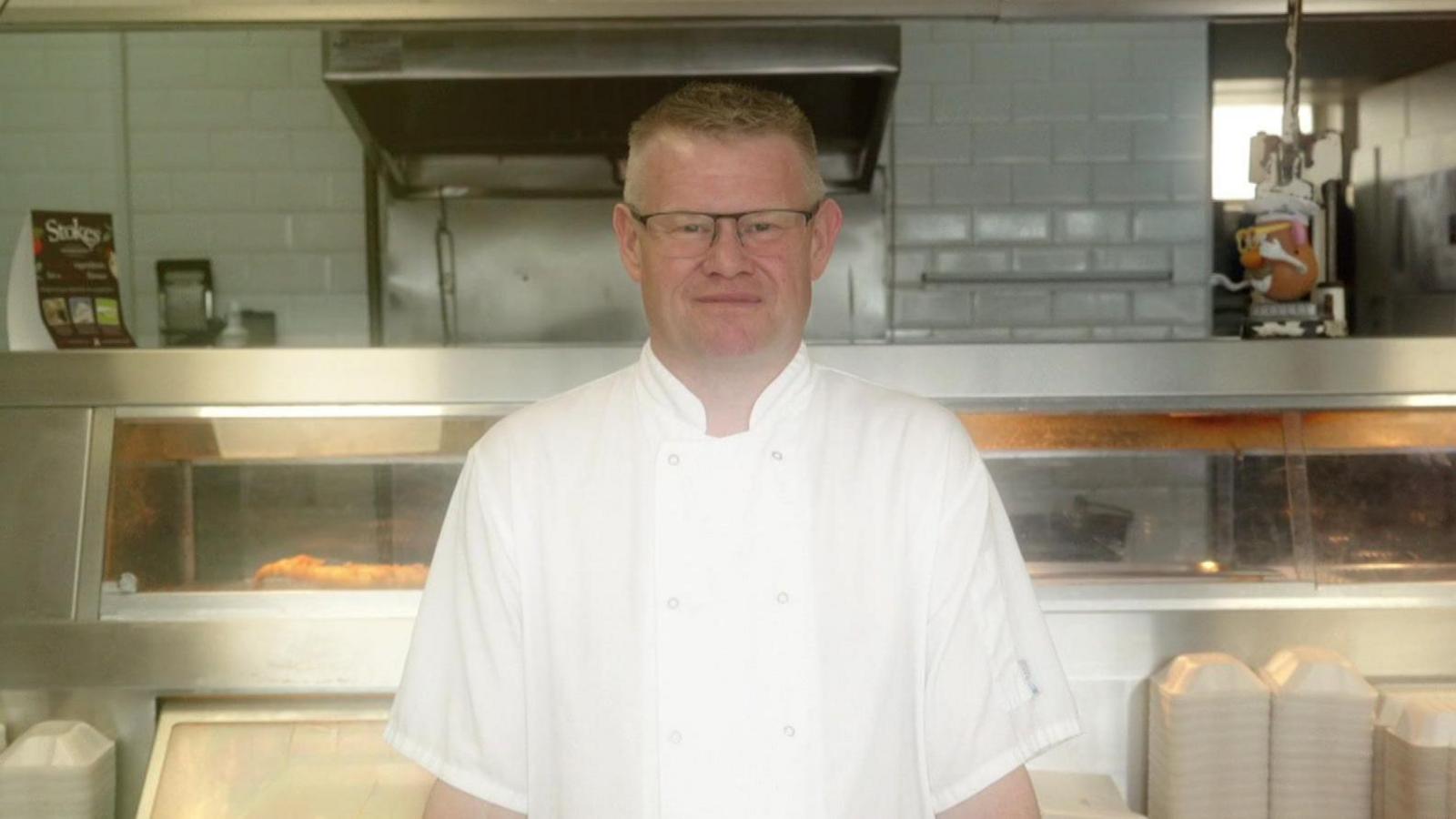
National Federation of Fish Friers president Andrew Crook said the price of cod had doubled in nine months
NFFF president Andrew Crook said it was the "most difficult time for the fish and chip industry we've ever seen", and urged the government to engage with the hospitality sector.
"We've seen cod prices more or less double in the last nine months," he said.
"It's a real burden. I think people see [fish and chips] as a cheap meal but we've existed before minimum wage, before business rates and so all these things are coming into play and putting pressure on the business. "
Mr Crook owns Skippers Fish & Chips, a small chain of shops started from his Lancashire-based family business.
Due to rising costs, he has already had to close one site.
He said reducing the tax burden would provide "more of a cushion" for businesses to pay for other industry price rises.
"I'll keep going as long as I can because I love what I do, and I don't want the local community to lose the facility too," he said.
"This was actually my parents' business, they started it 42 years ago and I've been here 26 years. I wouldn't like to leave it a failure."
The Treasury said it was offering support "with business rates relief, capping corporation tax, and are protecting half of employers from the National Insurance rise - which is helping to fund the NHS".
Listen: Is the Great British chippy under threat?
Get in touch
Tell us which stories we should cover in Yorkshire
Listen to highlights from North Yorkshire on BBC Sounds, catch up with the latest episode of Look North.
- Published11 April
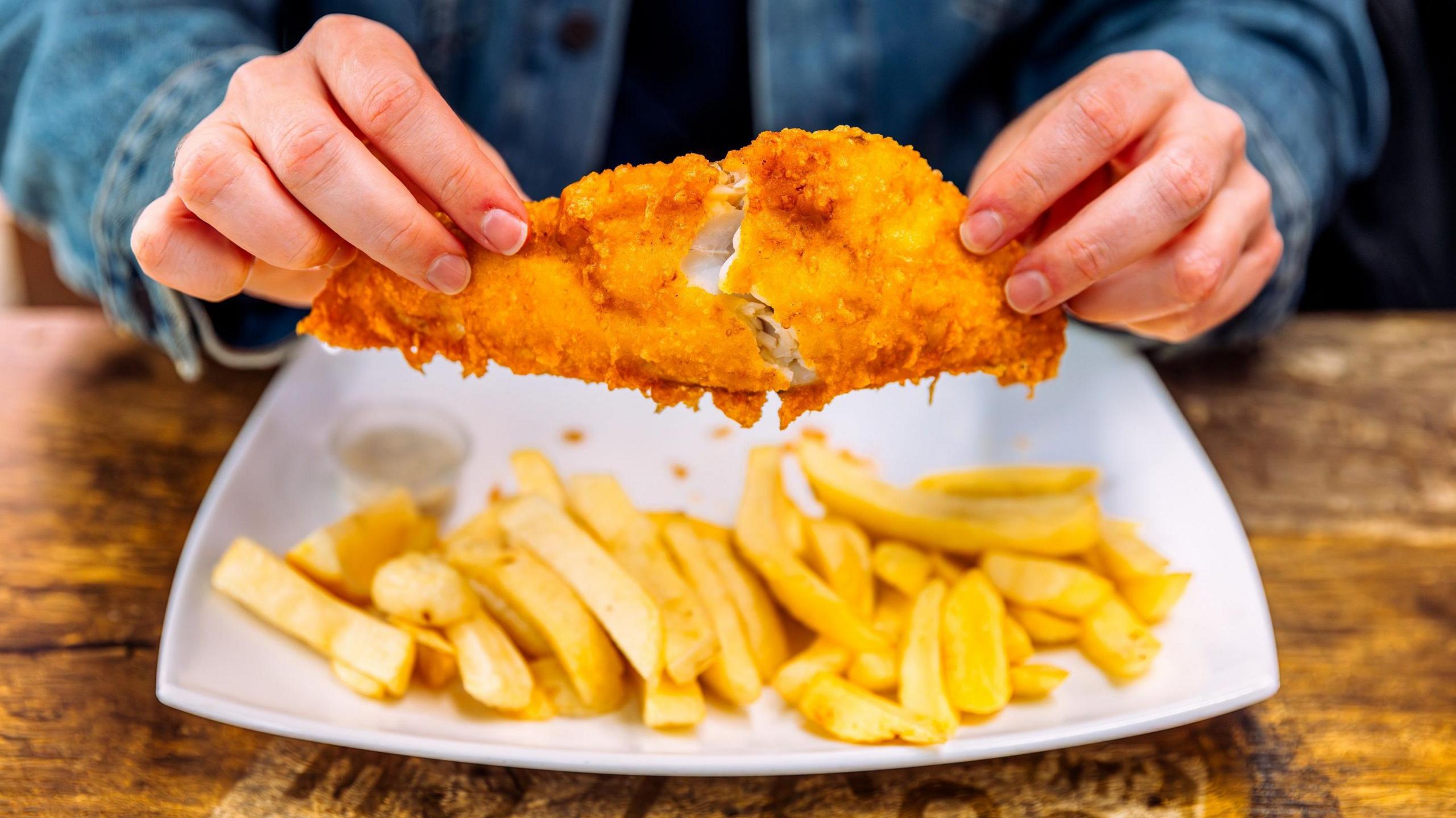
- Published4 April
